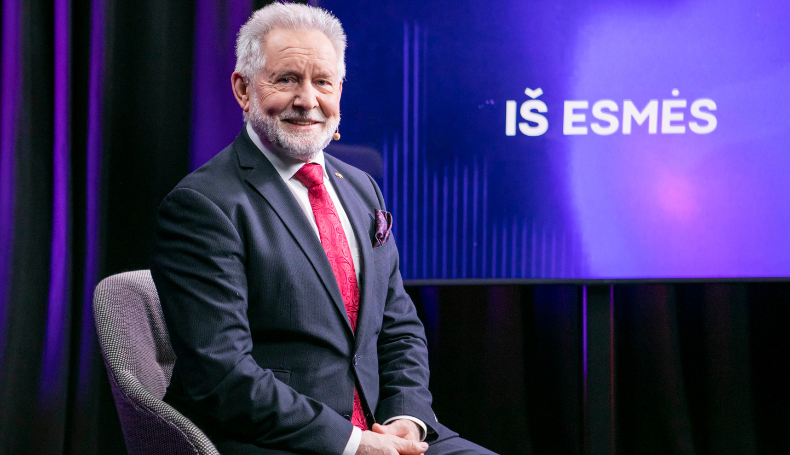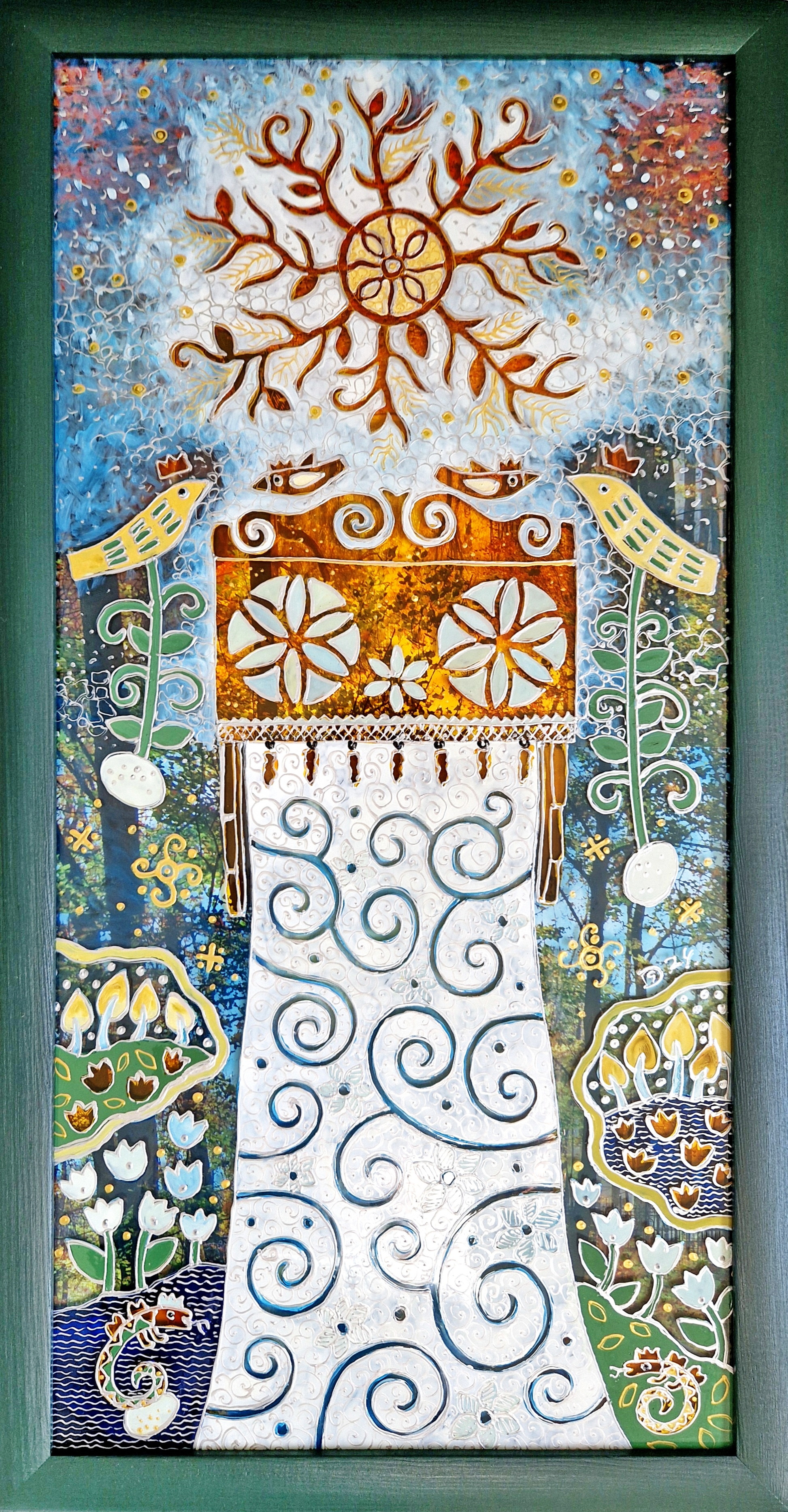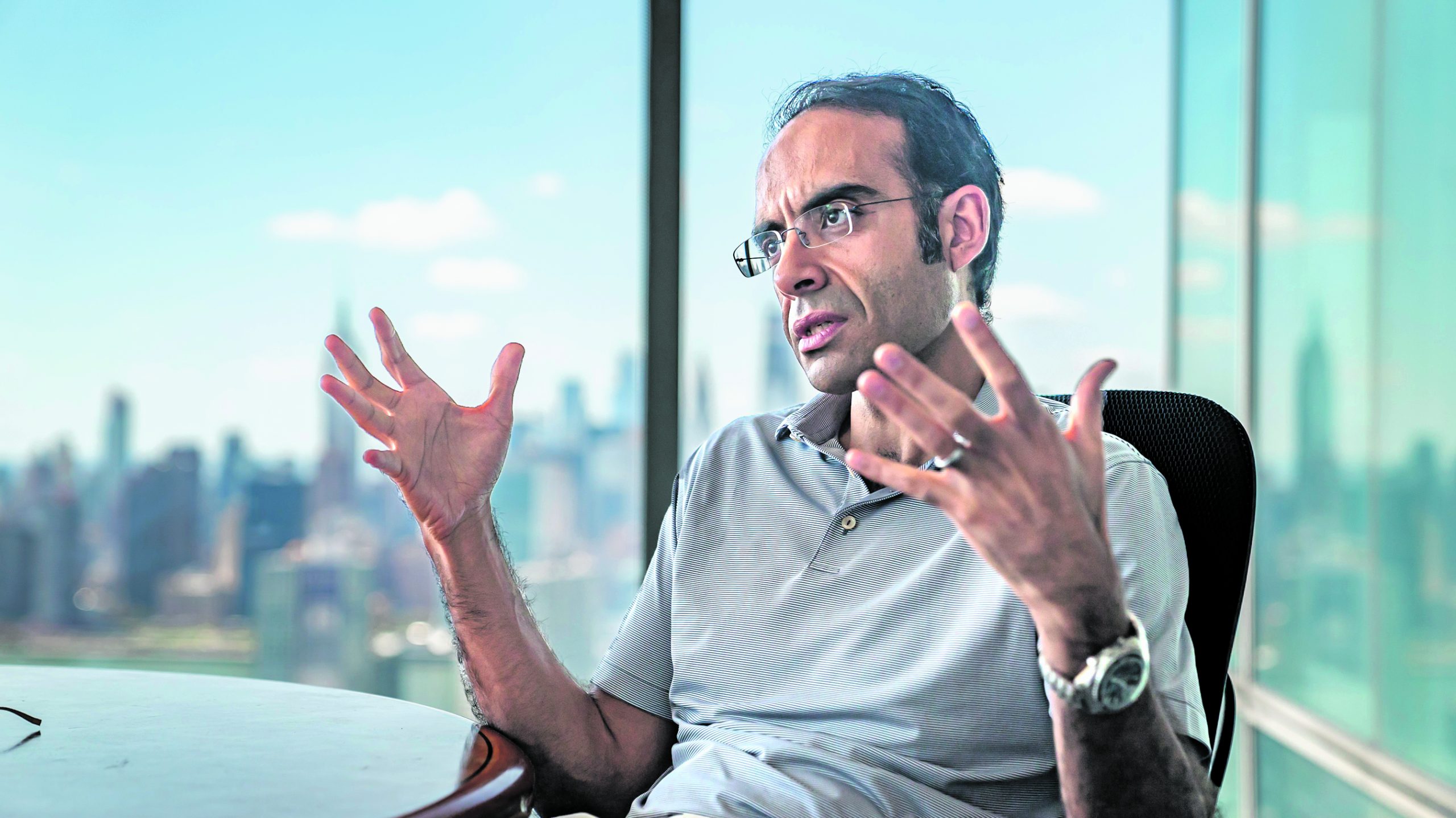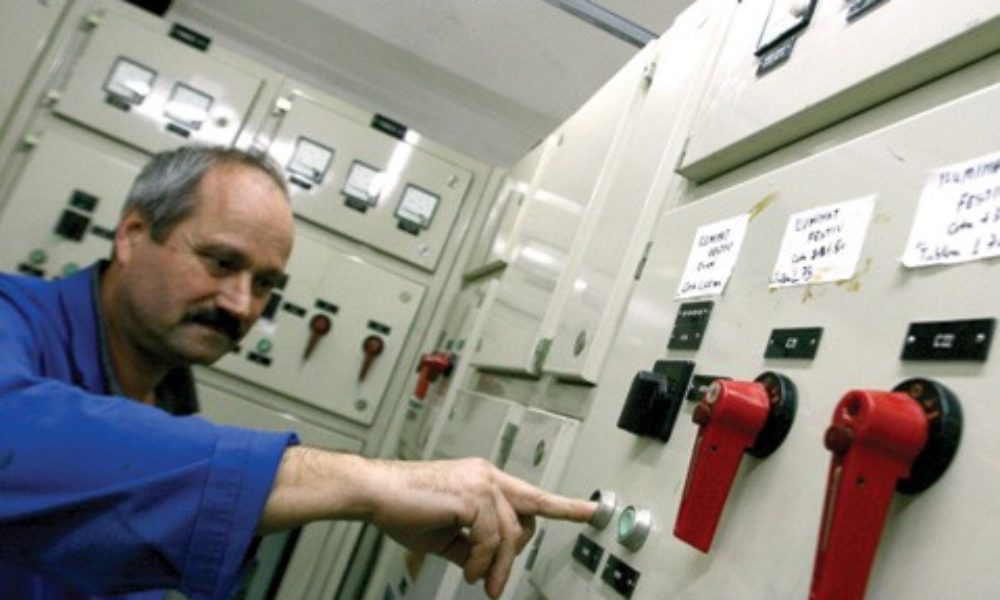Should the Church get in favor?

« There was no one on the second day of Christmas. You come alone and go home, » the pastor said.
This is how the pastor of Gruzdžiai Parish Donatas Klimašauskas remembers the cold of the winter church in the village of Šiupyliai.
It is still cold in the wooden church, especially when a cold record has been reached this May.
The church recently received a victim – parishioners bought a powerful, diesel -powered heater.
« It costs more than € 2,000. However, it is not easy for the parish to buy one, » the pastor said.
Diesel is sometimes donated by local farmers, and often the pastor himself has to buy at his gas stations.
« The diesel smells like what to do.
LNK stop shot.
During the Mass, the heater is turned off, otherwise the parishioners would not hear the priest.
Believers donate a little to other church purposes during the Mass.
« Mother’s Day, of course, was a little more, » the pastor said.
However, money is missing and electricity is required. It is true that the rural church is used for about two euros a month.
« We pay for power. The power fee, for example, is about 7 and a half euro.
The pastor also sacrifices Mass at a larger, nearby Gruzdžiai town church, where the pastor pays 25 euros per month for electricity from the church budget, plus 30 euros for electricity fee.
If the church and all other prayer houses were obtained by the status of household consumers, electricity and gas tariffs would be reduced. Such a proposal in the Seimas is not the first time.
However, the Ministry of Energy proposes to disagree with the amendments to the law.
« There are many different ways to reduce tariffs for churches, religious communities. In many cases, it is too much power that the Church pays. Our proposal is to absorb power parameters and thus reduce accounts, » explained Energy Minister Žygimantas Vaičiūnas.
For churches, the minister proposes to finally think about renewable energy sources.
« Using solar energy to ensure lower prices. And the change of legal status would certainly not have a major impact. There are remote parks, loan measures. If desired – it is really possible to use measures, » said Ž. Vaičiūnas.
The chairman of the Budget and Finance Committee says the Church already has too many benefits, and that the state is not required to settle.
« Anyone who believes in the church and sacrifices every time he comes, and there is no accounting, » said Algirdas Sysas, Chairman of the Budget and Finance Committee.
Photo by S. Stanislovaitis / ELTA
Pastor D. Klimašauskas has even a handwritten income of Gruzdžiai Parish – only he does not calculate it, this work has been entrusted to the parishioners.
« Is there some huge amount here? 14,781.31 thousand? It’s a year, » the pastor said.
Part of religious communities also generates additional revenue from commercial buildings owned by them, which have a total of more than 8.5 thousand. Also have religious real estate – more than 1.6 thousand. objects.
Full LNK Report – In Video:
No church income is taxed by profit tax. The religious community of real estate tax has been dismissed, and parishes do not have to pay land tax.
« I would love to pay a land tax for half a hectare of the churchyard, which, if I look at the statements, would be 30 euros a year. Is this a huge contribution of the state that no land tax? » The pastor resented.
Religious communities also include value added tax (VAT) and personal income tax (PIT).
This year, attempts were made to return the opportunity to support religious communities by allocating part of the personal income tax.
The government agrees with the idea, but the innovation has not been established until this May.
« Now you want to return again. When you name the benefits you receive, there are many strange questions. If you have clearer control and we see that there is really a lack of funds – then the exception may be done, » Sys said.
There are more than 1300 religious communities in Lithuania. According to the energy distribution operator, they consumed more than 11,000 megawatt -hours last year.









